Content
- Advantages and disadvantages of hydroponics
- Advantages of hydroponics
- Full control over plant nutrition
- Efficient use of water
- Rational consumption of nutrients
- Reducing the need for pesticides
- No need for herbicides
- Plant viability
- Activation of the genetic potential of plants
- Plant development and crop quality
- Availability of the root system
- Increase in the amount of biomass
- Growing plants in extreme conditions
- Rational use of space
- No need for land
- Control of nutrition at each stage of growth
- Acceleration of the growth of the mother plant
- Disadvantages of hydroponics
- Expensive mistakes
- Danger of overheating
- Limited selection of plants
- High costs
- The issue of naturalness
- Conclusions
Advantages and disadvantages of hydroponics
Despite the rapid development of modern plant growing technologies, many still believe that there is no point in investing in hydroponic systems when you can use traditional methods with soil. Is it really so? What are the benefits of hydroponics, and what are its "pitfalls"?
Advantages of hydroponics
Full control over plant nutrition
One of the main advantages of hydroponics is the possibility of complete control over plant nutrition. You can control the quality of the substances used to prepare the solution, its concentration, the selection of elements for the maintenance and development of the root system, as well as the feeding regime. It is not surprising that hydroponics attracts the attention of scientists. It is widely used in scientific research, especially in genetics.
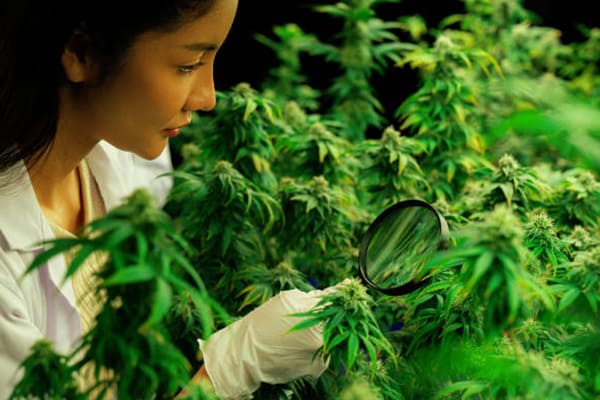
Efficient use of water
Plants in hydroponic systems need a lot of water, but all that water is used by the plant. The system is arranged in such a way that excess water that drains into the tray can be absorbed by the plant later when needed. Water losses from evaporation and absorption deep into the soil are also excluded. Taking into account these factors, we can talk about significant water savings, despite the development of modern irrigation systems. Hydroponics, as before, remains the most effective technology for optimal use of water.
Rational consumption of nutrients
Nutrients enter the plants together with water and are completely absorbed if the solution is prepared correctly. This excludes contamination of groundwater and disturbance of soil microcosm. Thus, hydroponics promotes ecologically clean growing of plants.
Reducing the need for pesticides
Today, pesticides are perceived as harmful to all living things. Many people understand that their use is justified only in extreme cases. In hydroponics, plants develop so quickly that they can either "outgrow" pests or meet them fully armed. Therefore, concentrated solutions of pesticides are not needed in hydroponic systems, even for perennial plants.
No need for herbicides
Hydroponics completely excludes the use of herbicides, since there are no conditions for the reproduction of weeds. This makes it one of the cleanest technologies for growing plants.
Plant viability
William Texier, in his book Hydroponics for All, states that plants grown hydroponically give more vitality to their offspring when cloned than those grown in soil. His opinion deserves trust and confirms the advantages of hydroponics in increasing the vitality of plants.
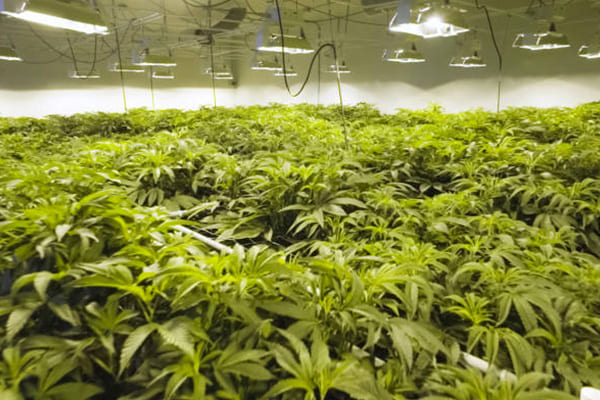
Activation of the genetic potential of plants
Growing plants is a chain of factors affecting their growth, such as humidity, lighting, nutrition, air, and others. The success of crop production depends on the prevention of possible violations in this chain. Hydroponics allows you to create optimal conditions for plants, minimizing weak links, providing ideal conditions in terms of lighting, humidity and temperature.
Plant development and crop quality
Plants grown hydroponically are much larger and healthier than their soil counterparts. Research shows that hydroponic crops contain twice as many vitamins, mineral salts and active substances, which is especially important for medicinal plants.
Availability of the root system
Plant growth and development depend on the state of the root system. Hydroponic installations make it possible to monitor the condition of the roots and quickly eliminate the causes of their damage or impaired development. This is especially important for medicinal plants, where the roots contain active substances. In hydroponics, you can cut the roots without destroying the plants, keeping them clean and ready for extraction.
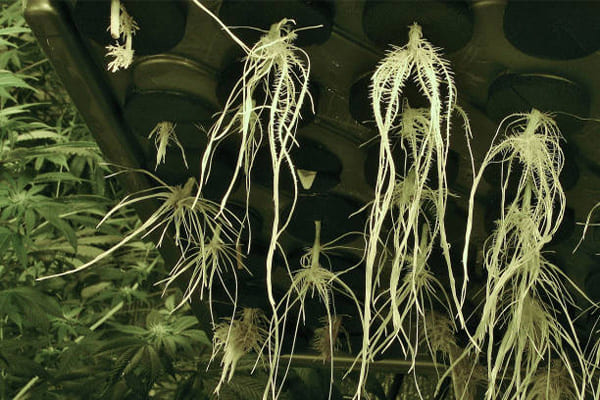
Increase in the amount of biomass
Hydroponics allows you to control the vegetative growth of plants. For example, by increasing the nitrogen content in the nutrient solution, you can increase the green mass of plants. Technologies exist to convert this biomass into fuel, and hydroponic ponds can be used to treat polluted wastewater.
Growing plants in extreme conditions
Hydroponics makes it possible to grow plants in extreme conditions, such as zero gravity, Antarctica, the Arctic, and areas with soil unsuitable for plants. Experiments by NASA in the 60s and 70s proved the effectiveness of hydroponics in such conditions. In addition, hydroponics is indispensable in areas prone to natural disasters, making it possible to quickly restore crops.
Rational use of space
Hydroponics is efficient in using limited space. A large number of plants can be placed on a small area without creating competition between their roots. The "sea of green" method makes it possible to reach a density of up to 60-70 plants per square meter, especially with the use of artificial lighting.
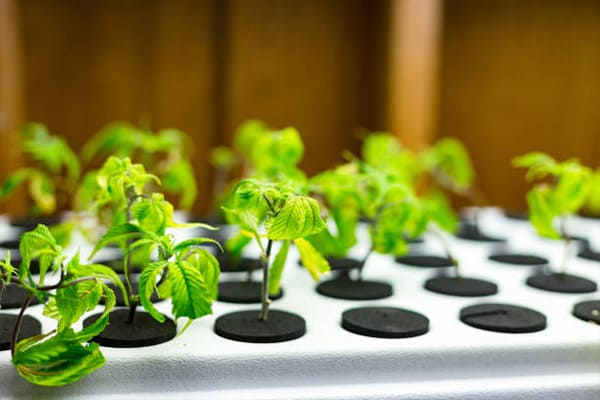
No need for land
Hydroponics eliminates the need to use land, eliminating waste issues and post-harvest environmental renewal. This is especially true for those who grow plants in small spaces, such as apartments.
Control of nutrition at each stage of growth
Some plants require special nutrition at different stages of growth. In hydroponics, this is solved by replacing the nutrient solution, which allows plants to move to the next stage of development and actively consume the necessary elements.
Acceleration of the growth of the mother plant
Hydroponics promotes rapid growth of mother plants that can be used for grafting. The resulting clones, having absorbed the strength of the mother plant, can grow successfully both in hydroponics and in soil.
Disadvantages of hydroponics
However, despite the numerous advantages, hydroponics has its disadvantages, which must be taken into account:
- Expensive mistakes
- Danger of overheating
- Limited selection of plants
- High costs
- The issue of naturalness
Let's talk about each drawback in more detail.
Expensive mistakes
Hydroponics does not eliminate the mistakes that can be made during the cultivation of plants. Hydroponic systems have buffering capacity, but to a lesser extent than soil. Microorganisms in the soil can restore the balance in the event of nutrient or pH disturbances. In hydroponics, processes happen faster, and serious changes in the nutrient solution can lead to the loss of the entire crop in one day.
Danger of overheating
A certain temperature must be maintained for plant growth in hydroponics. The optimal temperature in the root zone is +18-+22 degrees Celsius. At a temperature of +26 degrees and above, growth slows down, and at +35 - plants begin to die.
Limited selection of plants
Not all plants are suitable for hydroponics. For example, potatoes, carrots and other vegetables require special structures. There are also economic limitations: due to the high cost of hydroponics, wheat is not grown, although it grows well in such systems. Market conditions also affect the choice of plants.
High costs
Hydroponic systems are expensive, primarily because of electricity prices. However, the costs pay off quickly because all processes are faster and hydroponics generates income while saving time.
The issue of naturalness
Plants grown hydroponically are often called unnatural because of the use of plastic pipes and special solutions. However, traditional farming has also changed the environment and the plants. Hydroponics, despite its artificiality, is ecologically clean and safe, especially in conditions of depleted soil.
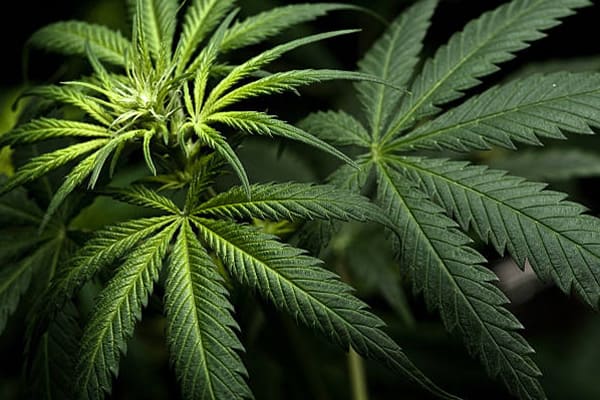
Conclusions
In conclusion, hydroponics offers many advantages, such as full control over plant growth, high yields and environmental friendliness. However, it requires special skills, time and attention, and can be expensive. Weighing all the pros and cons, every gardener can make an informed decision about the feasibility of using hydroponics.
WARNING! Errors Seeds does not encourage or encourage you to grow cannabis. Cultivation is prohibited by the legislation of Ukraine. The article is only of scientific and educational interest.
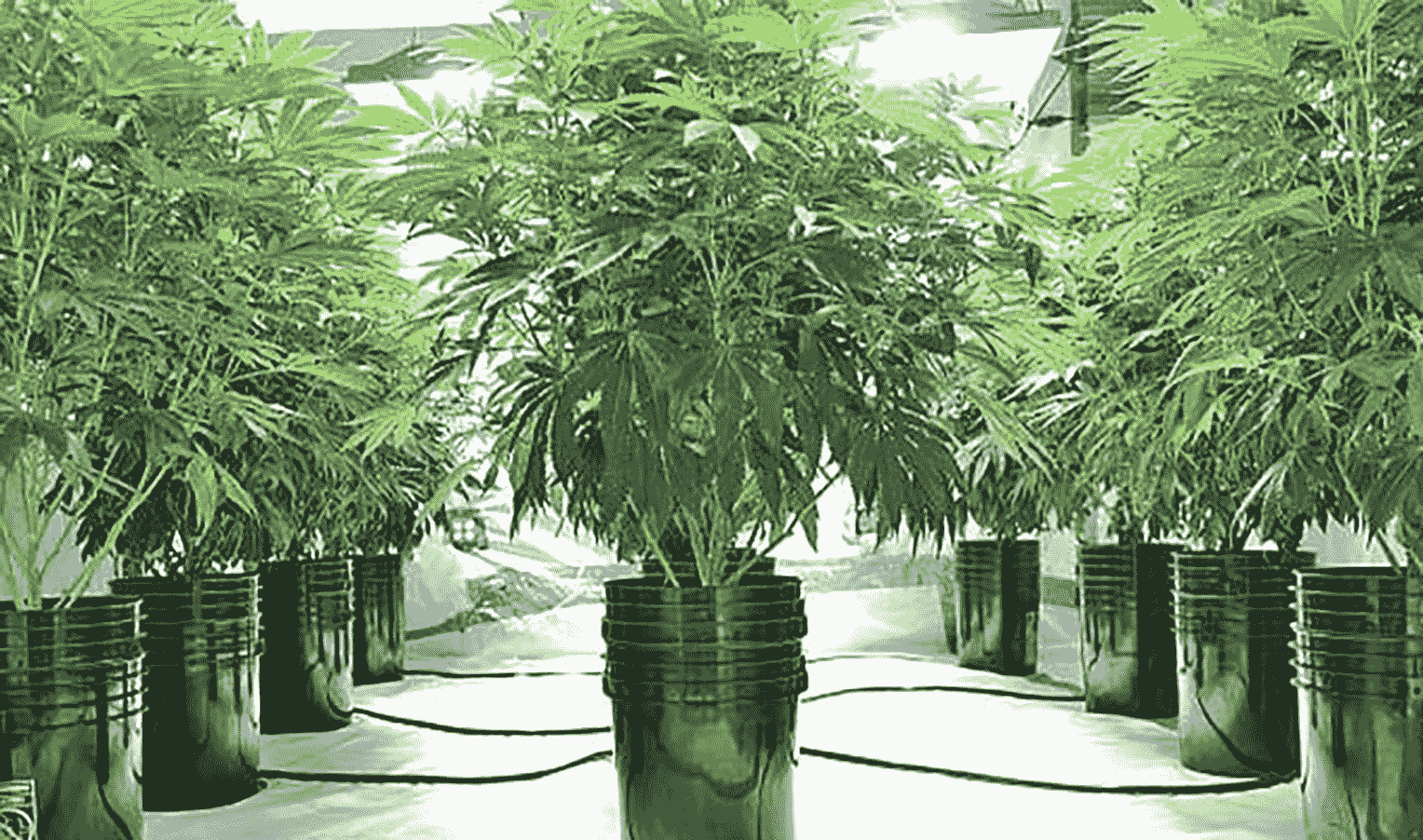
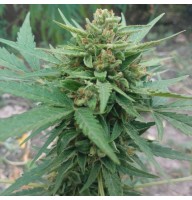
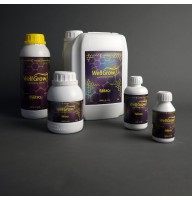


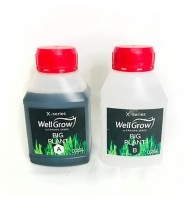
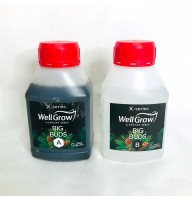
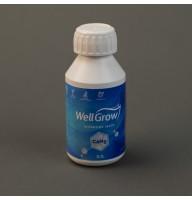

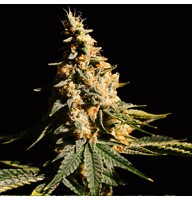
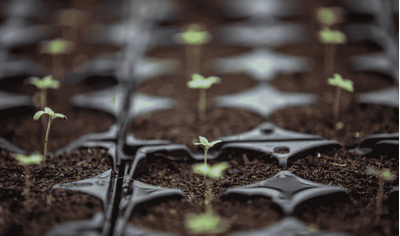
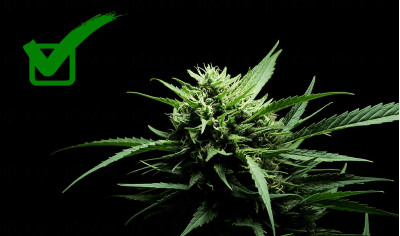
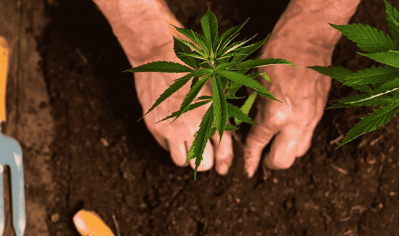
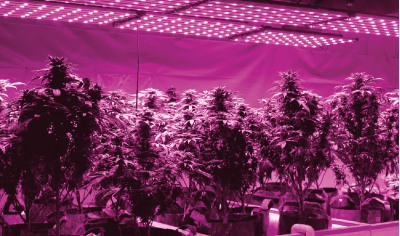
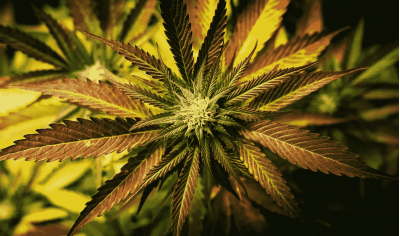
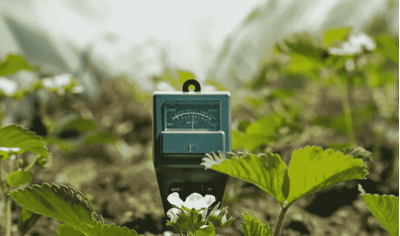
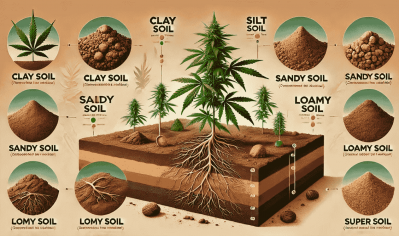
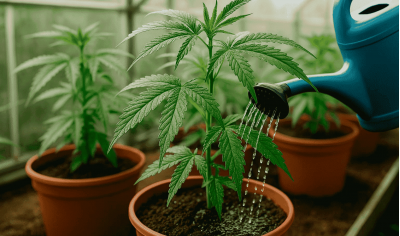
Write a comment